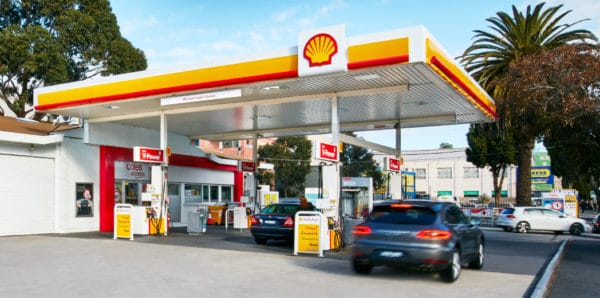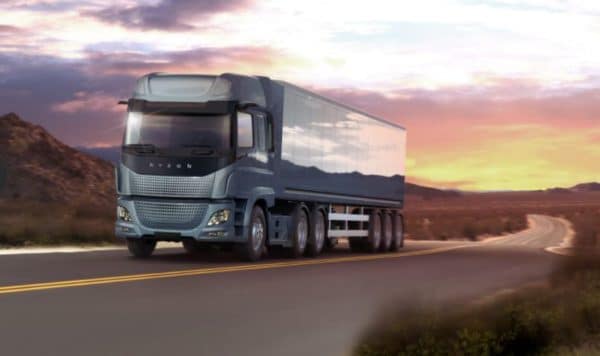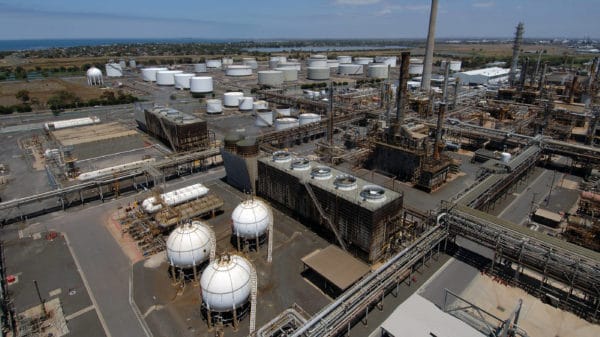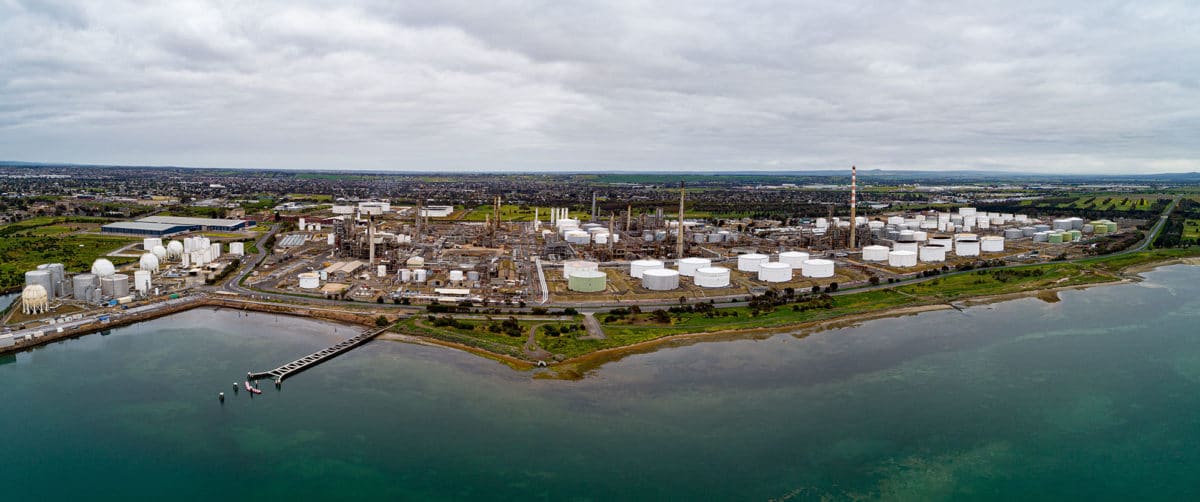One of Australia’s largest energy companies, Viva Energy announced this week it has entered into a strategic alliance with Hyzon and would work with the United States hydrogen fuel-cell technology developer to deliver a complete turn-key hydrogen transport solution for Australia.
Viva Energy, which supplies approximately 25% of Australia’s liquid fuel requirements, has committed to invest US$4 million in Hyzon as part of its capital raising and listing on the NASDAQ stock exchange (via its merger with Decarbonisation Plus Acquisition Corporation), announced earlier this week.
Viva Energy CEO Scott Wyatt said the agreement with Hyzon supports Viva’s vision to transform its Geelong refinery into an energy hub which is able to support Australia’s energy evolution while also helping to underpin the future viability of the refinery.
“This alliance helps us accelerate our Geelong Energy Hub vision through the development of hydrogen for transport and working with our existing partners and customers in providing this solution,” he said.
“The Hyzon alliance fits closely with our intention to explore and develop future energy solutions at our Energy Hub, where we are looking at the possibility of generating solar-powered green hydrogen.
“The establishment of a hydrogen transport hub in Geelong, while only conceptual at this stage, could be an exciting demonstration of the types of projects we could pursue though the Energy Hub.”

Image: Viva
Viva Energy is the exclusive supplier of the Shell brand and its products in Australia through a network of more than 1,290 service stations spread across the country.
“By working closely with Hyzon, which is experienced at developing vehicles for markets worldwide, we can develop an entire hydrogen transport solution – which can move us past the traditional roadblocks to establishing a hydrogen refuelling network, by getting hydrogen fuel cell vehicles on the road to provide the demand,” Wyatt said.
Hyzon CEO Craig Knight said Australia is a priority market for the company, which only last month signed a memorandum of understanding (MoU) with Australia’s Pure Hydrogen to develop a chain of hydrogen refuelling stations across the nation.
That followed their agreement to supply mining giant Fortescue Metals Group with a fleet of hydrogen-fuelled buses to transport workers at the company’s Christmas Creek iron ore mine in Western Australia’s Pilbara region.

Image: Hyzon
Hyzon said it already has more than 400 commercial vehicles on the road using its fuel-cell technology and expects to deliver about 5,000 fuel cell-powered trucks and buses by 2023 and is targeting annual capacity of about 40,000 fuel cell-electric vehicles by 2025.
“Hydrogen mobility for the Australian commercial vehicle sector holds enormous potential as fleets look to smoothly transition from fossil fuels to clean energy solutions that decarbonise their operations,” Knight said.
“Developing a hydrogen supply chain with strategic partners will be central to this transition.
“This is why we are delighted to be partnering with Viva Energy, one of Australia’s largest energy companies, to drive the hydrogen mobility sector forward, with a focus on establishing Victoria and Geelong in particular, as leading hydrogen transport hubs.”
Renewable hydrogen is expected to make a substantial contribution to Australia’s clean energy transition with Fortescue Metals chairman Andrew Forrest declaring the impact “could be nothing short of nation-building”.
“The green hydrogen market could generate revenues, at the very least, of $US12 trillion by 2050 — bigger than any industry we have now,” he said during his Boyer Lecture earlier this year.
“And Australia, with characteristic luck, is sitting on everything it needs to be the world leader, but only if it acts fast.”
Viva Energy’s announcement signals another blow for Australia’s oil refinery industry with half of the nation’s refineries shutting down in the past four months.

Image: Exxonmobil
The Geelong refinery is one of the last two oil refineries left in the nation (with the other being Ampol’s refinery in Brisbane, Queensland).
ExxonMobil announced the closure of its Altona oil refinery in Melbourne earlier this month while BP announced in October it was closing its Kwinana oil refinery in Perth. Both companies declared the refineries were no longer economically viable and both are to be converted into fuel-import terminals. Ampol is said to be currently reviewing whether to keep its Brisbane refinery open or convert it into a fuel-import terminal too.
In the 1980s, Australia had 10 major refineries that met virtually all of our domestic demand for refined fuel. Today, more than 90% of Australia’s refined fuels are imported.
In 2019-20, Australia imported $22.4 billion worth of refined petroleum products.
This content is protected by copyright and may not be reused. If you want to cooperate with us and would like to reuse some of our content, please contact: editors@pv-magazine.com.









1 comment
By submitting this form you agree to pv magazine using your data for the purposes of publishing your comment.
Your personal data will only be disclosed or otherwise transmitted to third parties for the purposes of spam filtering or if this is necessary for technical maintenance of the website. Any other transfer to third parties will not take place unless this is justified on the basis of applicable data protection regulations or if pv magazine is legally obliged to do so.
You may revoke this consent at any time with effect for the future, in which case your personal data will be deleted immediately. Otherwise, your data will be deleted if pv magazine has processed your request or the purpose of data storage is fulfilled.
Further information on data privacy can be found in our Data Protection Policy.